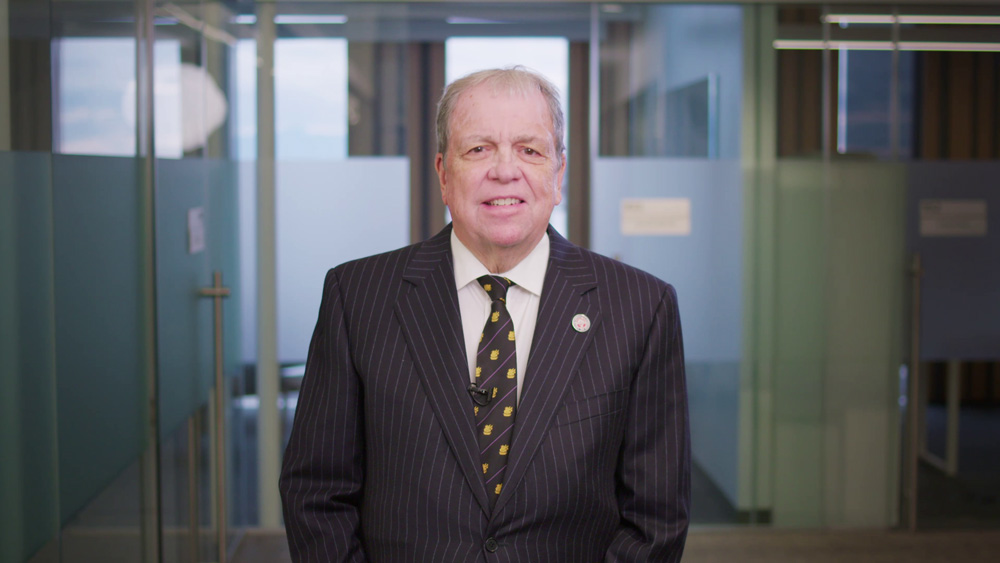
Senior Vice President, University of Arizona Health Sciences
To improve health and human potential by educating the next generation of health care professionals, investigating and solving critical health care problems, providing compassionate and culturally sensitive care, and building healthier communities for all.
Located on campuses in Tucson, Phoenix and Gilbert, Arizona, the University of Arizona Health Sciences is one of the top-ranked academic medical centers in the southwestern United States. UArizona Health Sciences includes the College of Health Sciences, College of Medicine – Phoenix, College of Medicine – Tucson, College of Nursing, R. Ken Coit College of Pharmacy, and Mel and Enid Zuckerman College of Public Health. In addition, 15 UArizona Health Sciences centers and programs focus on cancer, neurodegenerative diseases, pain and addiction, and respiratory diseases; biomedical informatics, health technology innovation and simulation training; and health disparities, precision health care and treatments, and pandemic preparedness. A leader in next-generation education, research, clinical care and public outreach, UArizona Health Sciences employs approximately 3,000 people, has approximately 6,700 students and 900 faculty members, and garners more than $300 million in research grants and contracts annually.
We are preparing students to build and lead the future of health care. A series of transformative initiatives ensure the next generation of health care professionals will be well prepared to improve health and human potential and provide compassionate and culturally sensitive care to build healthier communities for all.
We are designing and developing precision treatments for all populations. We are leading the way in addressing the current opioid epidemic and catalyzing research focused on the development of gene- and cell-based technologies to treat disease and improve human health.
We are leaders in the field of healthy aging. With a growing older adult population in the United States, our researchers seek to address the unique challenges and opportunities associated with an aging society. We are increasing the University of Arizona’s capacity in discovery and education focused on aging and enhancing community collaboration to meet the opportunities and challenges of an expanding older adult population.
We are unraveling the complexities of human biology to build better defenses against disease. Researchers are addressing issues related to infection, immunity and inflammation caused by microorganisms, and supporting a collaborative effort between Arizona’s three state universities to advance research, diagnostics and preventive treatments for Valley fever.
We are creating new opportunities to develop innovative solutions for global health care problems, including technologies and digital solutions such as wearable sensors for disease monitoring and other health applications. An array of strategic initiatives promote collaboration, advanced analytics, interdisciplinary research, digital health solutions and the One Health research approach, ultimately improving global health outcomes and fostering innovation.
Increases in National Institutes of Health awards to several University of Arizona Health Sciences colleges led to a strong showing in the annual Blue Ridge Institute for Medical Research national rankings. UArizona Health Sciences received nearly $137 million in NIH funding from Oct. 1, 2021, to Sept. 30, 2022, and advanced in several categories.
R. Ken Coit College of Pharmacy
College of Nursing
Mel & Enid Zuckerman College of Public Health
Tucson College of Medicine
Phoenix College of Medicine